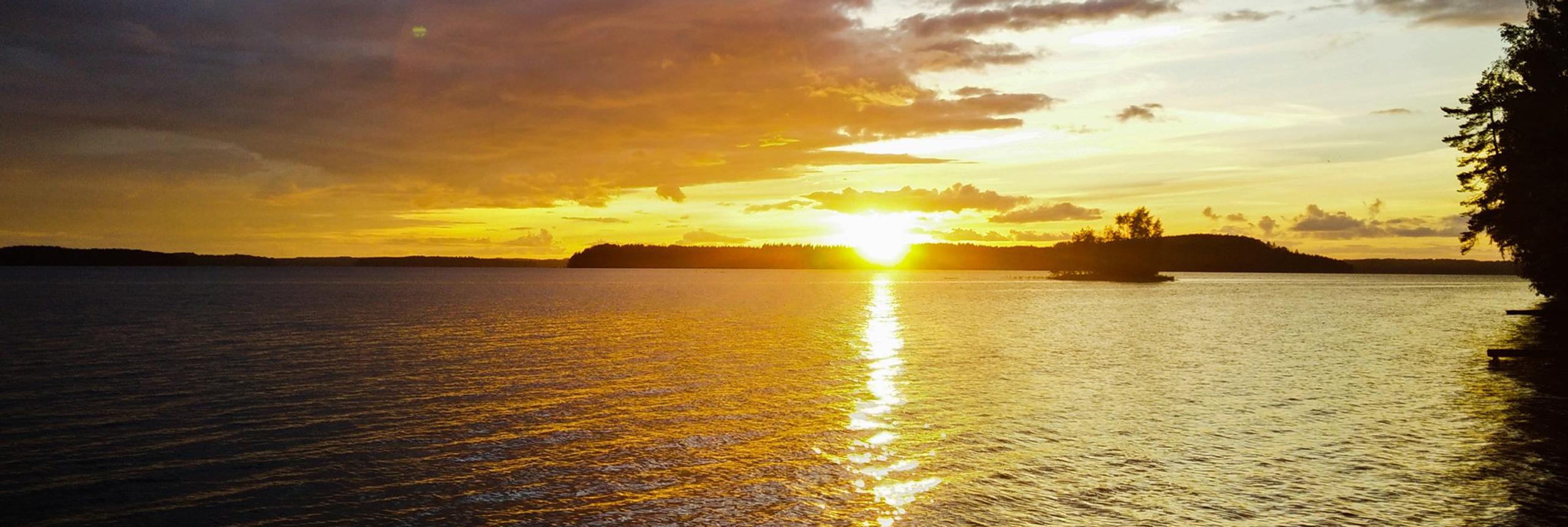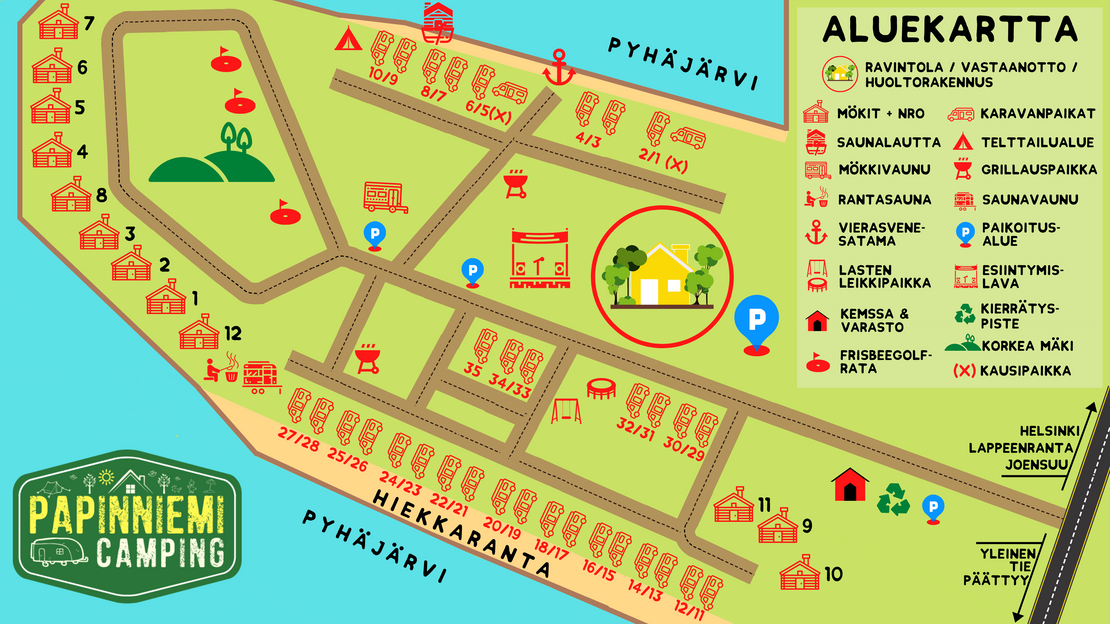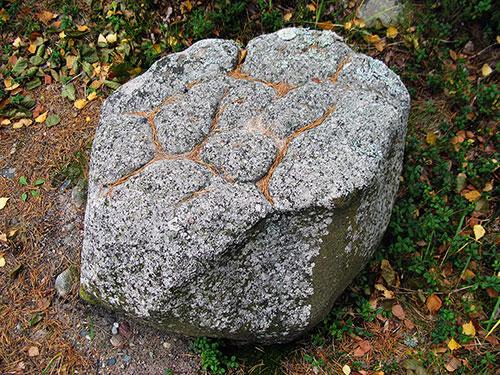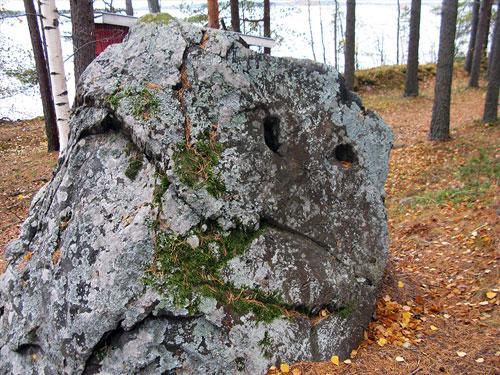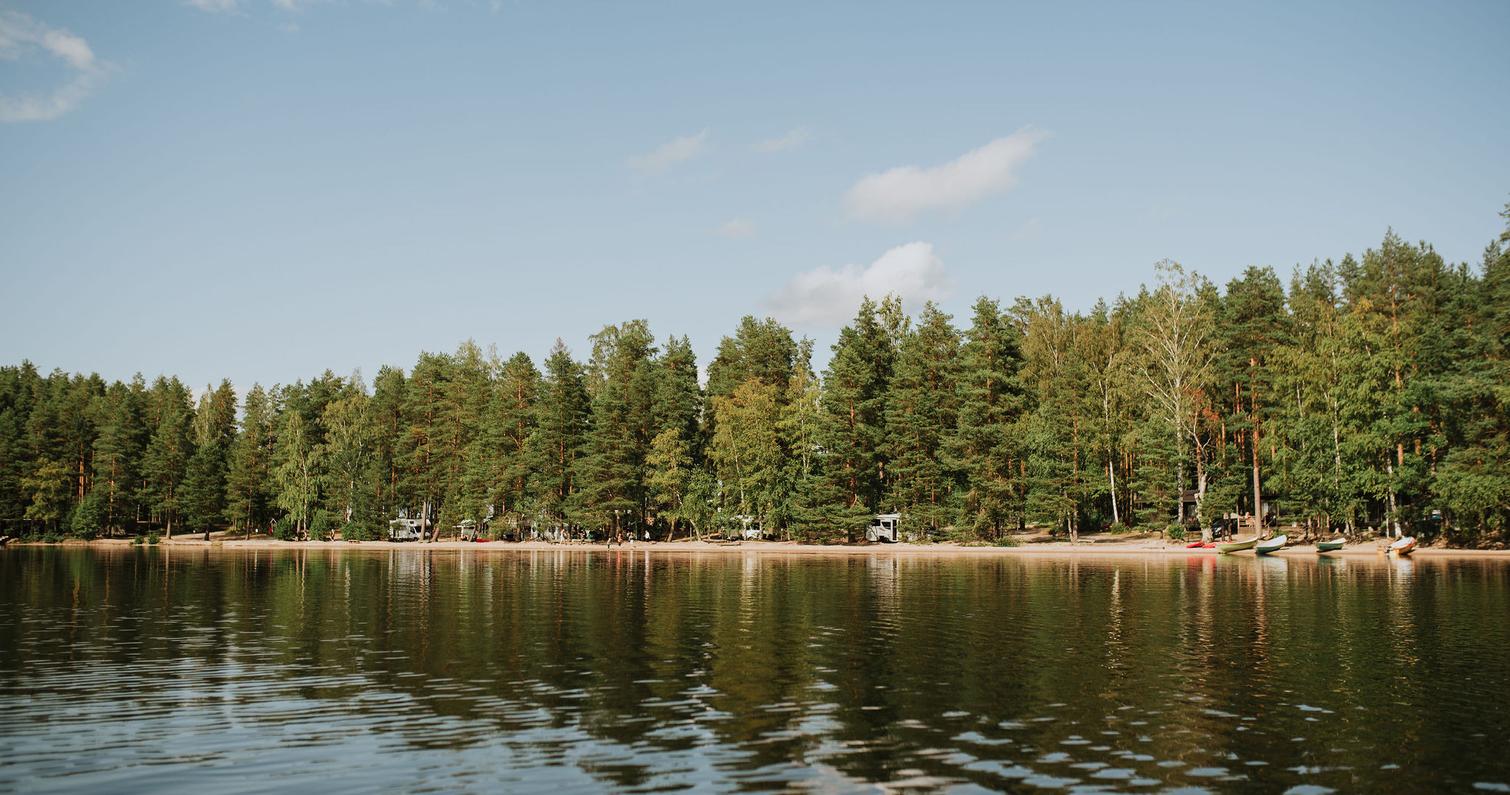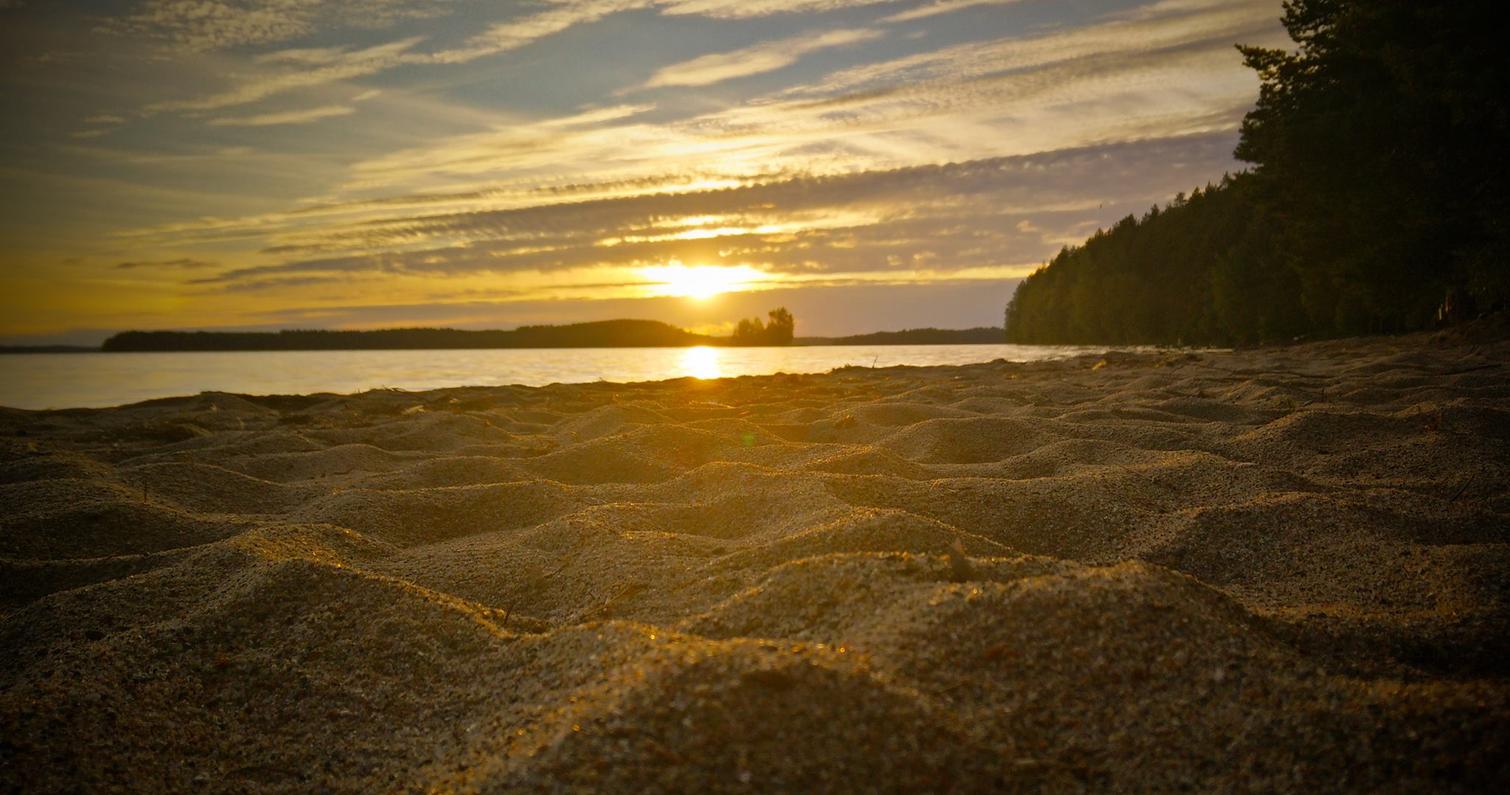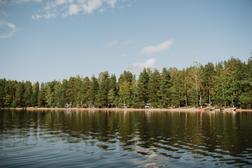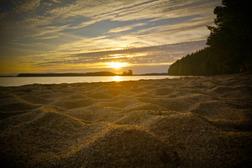This site uses mandatory cookies to verify the site's operation and data security, as well as optional cookies to deliver services, personalize ads and analyze traffic.
-
Necessary:
Necessary cookies affect the operation of the website by activating the basic functions of the website, such as navigation on the site and functions related to the shopping cart. Our website does not work without these cookies, so they are stored without separate consent.
-
Functional cookies:
Functional cookies can be used to change the user experience of our website. For example, the last viewed pages are stored in these cookies.
-
Statistical cookies:
Statistical cookies are used to understand how visitors interact with our website. The material used for statistical purposes is anonymized.
-
Marketing cookies:
Marketing cookies are used to track website visitors. The purpose is to target you with ads that are relevant and interesting, and thus valuable to us and marketers.
